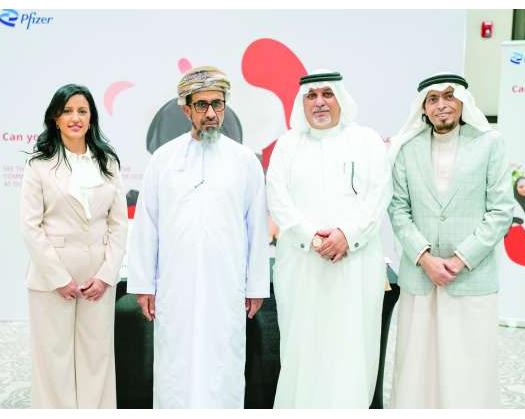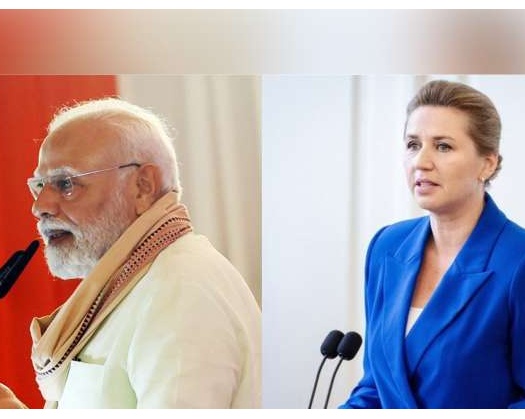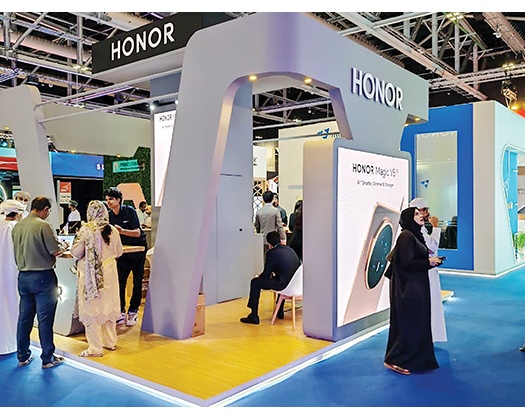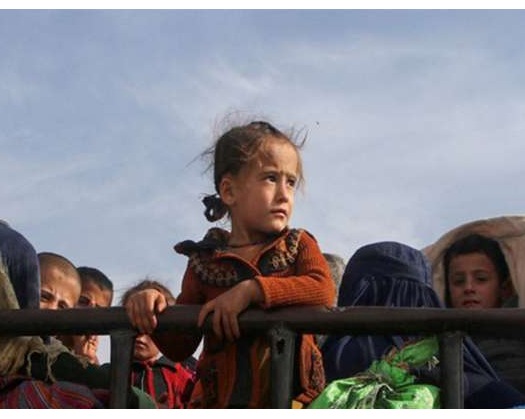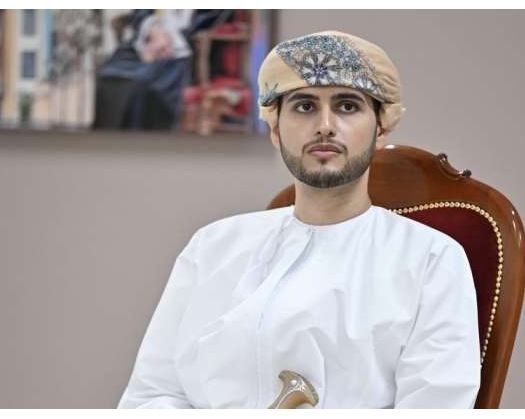MUSCAT: In a tale of resilience and determination, Zakareya Al Khadem from Bahrain shines as a beacon of hope for those battling sickle cell disease (SCD). During his recent visit to Muscat, Al Khadem shed light on the challenges of SCD, captivating his audience with his powerful words.
Al Khadem shared his personal journey, revealing the triumphs and hardships faced by individuals living with SCD. With unwavering determination, he provided valuable insights from the Sickle Cell Health Awareness, Perspectives, and Experience (SHAPE), offering a clear understanding of the challenges within.
Despite his physical frailty, Al Khadem's spirit knows no bounds. He spoke with the vigor of a seasoned champion, recounting his perilous dance with mortality since the tender age of five. Initially underestimated by his parents, the diagnosis of SCD brought a sense of permanence when doctors declared it a life-threatening condition, seemingly condemning him to a short life.
However, defying the grim prognosis, Al Khadem surpassed the expected eight-year sentence, challenging fate with unwavering strength. With each milestone, he embraced life with a determined heart, surpassing all expectations with grace and tenacity.
Today, at the age of 50, he stands tall as a testament to resilience, inspiring his children with the words, "I am a courageous fighter; I am here to stay."
Recounting the terrifying moments in the ICU, he narrated a tale of resilience, where amidst the flurry of medical expertise, he discovered the strength to elude death's clutches.
Al Khadem, the founder and chairman of Bahrain Sickle Cell Society, shared, "There were instances when I teetered between life and death, surrounded by nearly 30 doctors. However, I managed to somehow escape the grasp of death."
During a recent panel discussion on SCD held at JW Marriott Hotel in Muscat, Dr Jaafar Al Touq, one of the doctors, accompanied him.
Amidst the uncertainty, Al Touq stood by his side as a steadfast ally in his battle, providing a beacon of support.
"You will not surrender," Al Touq's words resonated, igniting a flame of determination within Al Khadem's soul.
In his appreciation for the supportive governments of Oman and Bahrain, Al Khadem shed light on the contrasting landscapes of survival, where hope thrives.
"People in Oman who suffer from SCD live until the age of 55, whereas in Bahrain, the life expectancy reaches up to 65 years," he stated.
He further added, "Even within the same family, if two individuals are afflicted, one may regularly visit the clinic while the other may avoid it. Perhaps it is influenced by stigma, financial constraints, and social factors."
Yet, amidst the whispers of societal stigma and financial hardships, he acknowledged the shadows that cast over those affected by SCD.
The narrative encapsulates the harsh reality of battles fought alone within the confines of one's own family. The presence of illness looms large, overshadowing social gatherings and aspirations, intertwining lives with the challenges of SCD.
According to Al Khadem, patients find themselves fighting on multiple fronts. Their own families discourage them from getting married and urge them to keep their illness hidden. Many families are forced to miss out on social gatherings and vacations due to the patient's ailment at home.
Furthermore, even when attempting to educate society and dispel misconceptions about their illness, patients may be dismissed as fragile. Finding employment also becomes a challenge due to their medical condition, Al Khadem added.
Despite facing resistance, Al Khadem's unwavering voice in challenging societal misconceptions resonates with undeniable conviction. "We are not weak; we are warriors," he declared, striving to create a world where acceptance triumphs over prejudice and understanding overcomes ignorance.

